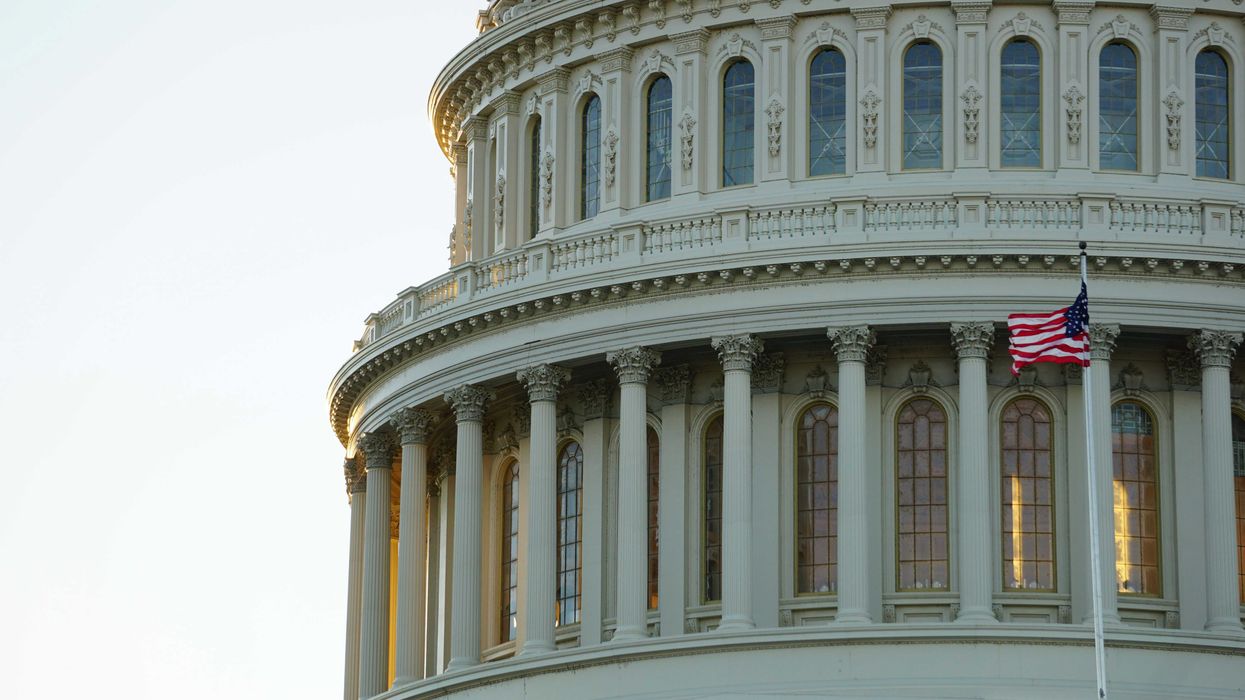The U.S. Supreme Court will decide whether federal environmental reviews must include broader risks like wildfires and water pollution, focusing on a Utah oil railway that could expand crude transport to Gulf Coast refineries.
Kyle Dunphey reports for Utah News Dispatch.
In short:
- The proposed Uinta Basin Railway would transport 350,000 barrels of Utah oil daily, crossing environmentally sensitive areas like the Colorado River.
- A lower court found the project’s environmental review inadequate, citing unaddressed risks such as potential derailments and water pollution.
- Supporters argue it will boost Utah’s economy, while critics warn of ecological harm and threats to communities downstream.
Key quote:
“The consequences of something like the Uinta Basin Railway need to be fully explored. And this was not done.”
— Deeda Seed, campaigner for the Center for Biological Diversity
Why this matters:
The decision could limit the scope of environmental reviews under the National Environmental Policy Act (NEPA), setting a precedent for future infrastructure projects. This raises concerns about potential harm to ecosystems and communities relying on resources like the Colorado River.














